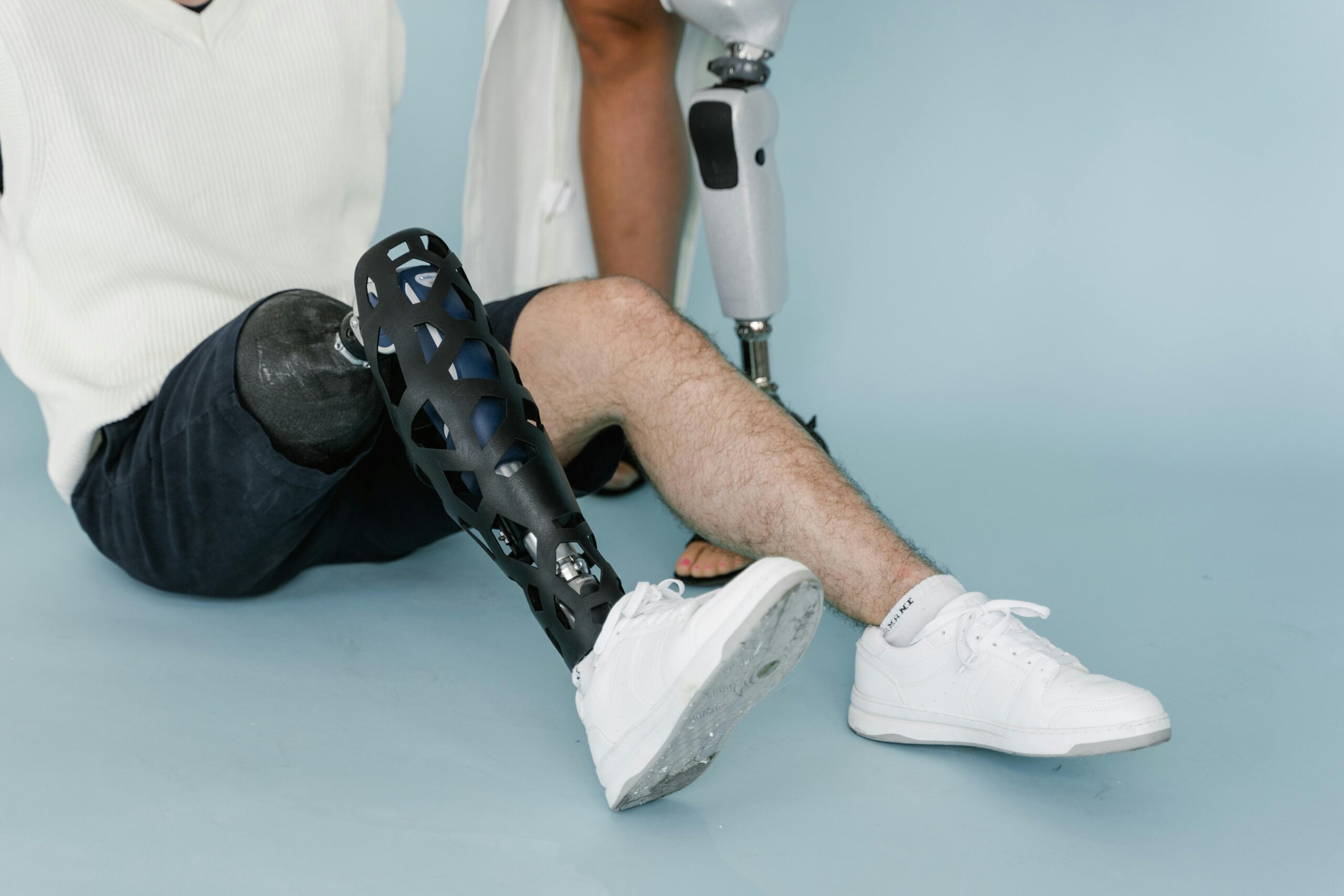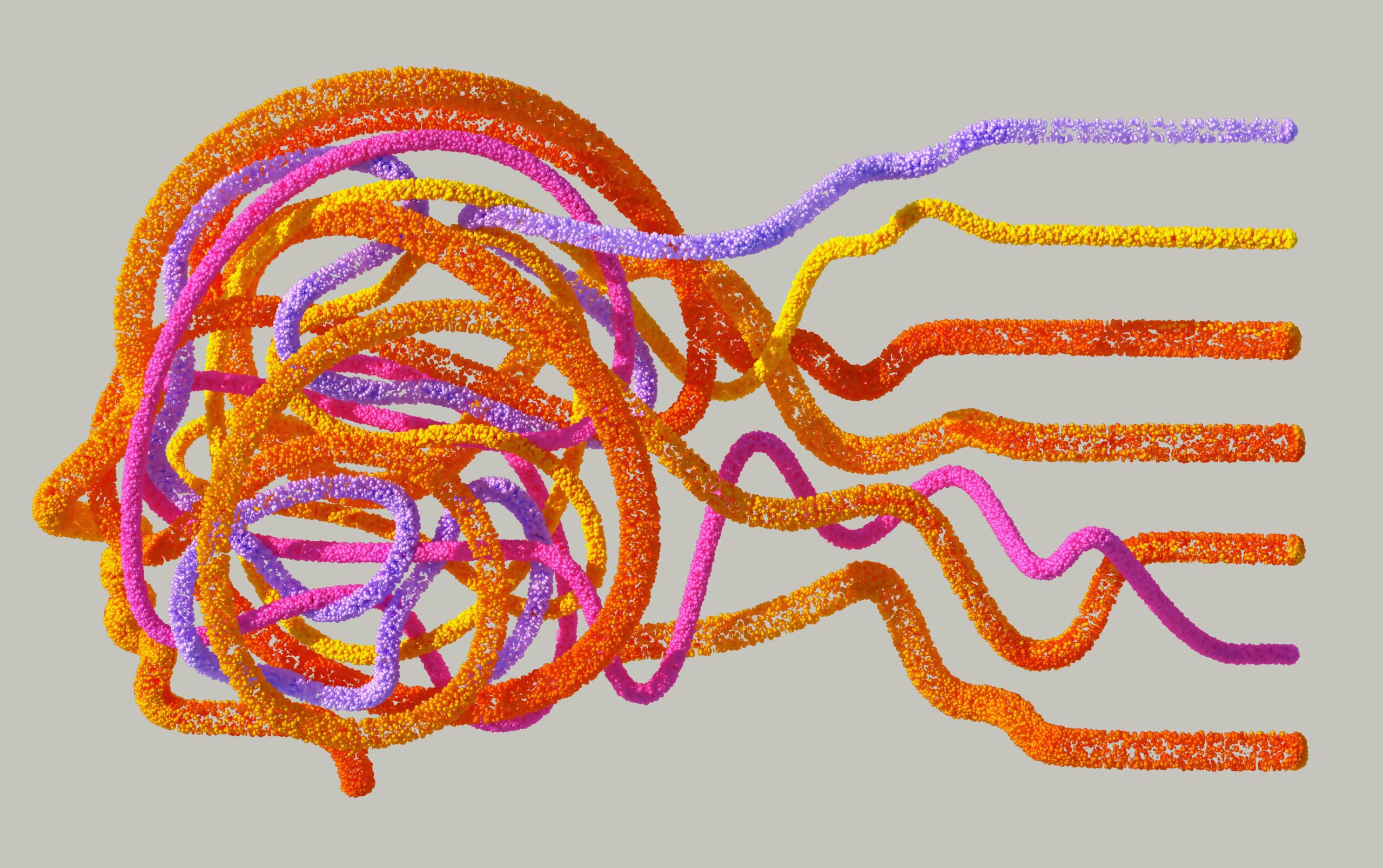The boundaries of human cognition are being pushed further than ever before, as science and technology converge to create possibilities once confined to science fiction. Neuroenhancement represents a frontier that challenges our understanding of human potential and raises profound questions about what it means to be human in an era of cognitive optimization.
As we stand at the crossroads of neuroscience, pharmacology, and ethics, society grapples with fundamental questions about the enhancement of our mental capacities. From students seeking academic advantages to professionals pursuing competitive edges, the demand for cognitive enhancement continues to grow. This exploration delves into the complex landscape of neuroenhancement, examining how different societies perceive these technologies and what they mean for humanity’s collective future.
🧠 The Landscape of Cognitive Enhancement Technologies
Neuroenhancement encompasses a diverse range of interventions designed to improve cognitive functions such as memory, attention, creativity, and executive function. These technologies span from pharmaceutical compounds to brain-computer interfaces, each offering unique possibilities and presenting distinct ethical challenges.
Pharmaceutical cognitive enhancers, often called “smart drugs” or nootropics, represent the most accessible form of neuroenhancement currently available. Medications originally developed to treat conditions like ADHD, narcolepsy, and Alzheimer’s disease are increasingly used off-label by healthy individuals seeking cognitive advantages. Modafinil, methylphenidate, and various amphetamines have become common tools in competitive academic and professional environments.
Beyond pharmaceuticals, non-invasive brain stimulation techniques like transcranial magnetic stimulation (TMS) and transcranial direct current stimulation (tDCS) offer alternative enhancement pathways. These technologies directly modulate neural activity, potentially improving specific cognitive domains without the systemic effects associated with drugs. Research continues to explore their efficacy and long-term implications for brain health.
Emerging Technologies Reshaping Cognitive Possibilities
The most futuristic neuroenhancement technologies involve direct interfaces between brains and computers. Companies like Neuralink are developing brain-computer interfaces that could eventually allow humans to augment their cognitive abilities through direct neural connections with artificial intelligence systems. While still largely experimental, these technologies represent the ultimate frontier in human cognitive enhancement.
Genetic engineering and epigenetic interventions also hold promise for cognitive enhancement, though they remain controversial and largely theoretical. CRISPR and other gene-editing technologies could potentially modify genes associated with intelligence, memory, or other cognitive traits, though the complexity of these traits makes such interventions extraordinarily challenging.
📊 Cultural Perspectives on Cognitive Enhancement
Societal attitudes toward neuroenhancement vary dramatically across cultures, influenced by philosophical traditions, religious beliefs, economic systems, and historical experiences. Understanding these diverse perspectives is crucial for navigating the global conversation about cognitive enhancement ethics and policy.
Western societies, particularly in North America and Europe, exhibit deeply ambivalent attitudes toward neuroenhancement. The cultural emphasis on individual autonomy and self-improvement creates receptivity to enhancement technologies, yet concerns about fairness, authenticity, and social pressure generate significant resistance. This tension reflects broader philosophical debates about human nature and the proper limits of technological intervention.
In Asian cultures, particularly East Asian societies, attitudes toward cognitive enhancement often reflect different philosophical frameworks. Confucian traditions emphasizing self-cultivation and educational achievement may create greater acceptance of enhancement technologies as tools for personal development. However, these same cultures may harbor concerns about disrupting natural harmony or creating unfair advantages in highly competitive educational systems.
Religious and Spiritual Dimensions of Enhancement
Religious perspectives profoundly shape societal views on neuroenhancement, with diverse traditions offering different frameworks for evaluating these technologies. Some religious communities view cognitive enhancement as interfering with divine creation or natural order, while others see it as fulfilling humanity’s mandate to improve the world and develop God-given talents.
Buddhist perspectives on neuroenhancement often focus on questions of attachment, suffering, and authentic spiritual development. Enhancement technologies might be evaluated based on whether they reduce suffering or increase attachment to worldly achievements. Similar nuanced considerations appear in Islamic, Hindu, and other religious traditions, each bringing unique ethical frameworks to enhancement questions.
⚖️ The Ethics Minefield: Navigating Enhancement Controversies
The ethical landscape surrounding neuroenhancement bristles with complex dilemmas that resist simple resolution. These challenges touch fundamental questions about fairness, identity, autonomy, and the nature of human flourishing, requiring careful philosophical analysis and thoughtful public dialogue.
Justice and fairness concerns dominate ethical debates about cognitive enhancement. If enhancement technologies remain expensive or difficult to access, they could exacerbate existing inequalities, creating a cognitive divide between enhanced and unenhanced populations. This “neuro-inequality” might manifest in educational achievement, professional success, and social stratification, potentially cementing advantages for privileged groups.
The coercion question presents another ethical challenge: even if enhancement technologies are technically voluntary, social pressure or competitive necessity might effectively force individuals to enhance. Students might feel compelled to use cognitive enhancers to keep pace with enhanced peers, while professionals might fear falling behind competitors who use enhancement technologies. This dynamic raises questions about authentic consent and freedom in enhancement decisions.
Identity, Authenticity, and the Enhanced Self
Philosophical questions about personal identity and authenticity deeply complicate enhancement ethics. If cognitive enhancement significantly alters how someone thinks, feels, or perceives the world, does it change who they fundamentally are? Are achievements accomplished through enhancement genuinely “earned” or somehow less authentic than unenhanced accomplishments?
These questions lack clear answers but profoundly influence how individuals and societies evaluate enhancement technologies. Some philosophers argue that all human achievements involve technological and social scaffolding, making enhancement merely another tool in humanity’s repertoire. Others maintain that certain forms of enhancement cross meaningful boundaries, compromising authentic self-development or human dignity.
🎓 Enhancement in Educational Contexts
Educational institutions face particularly acute challenges regarding neuroenhancement, as students increasingly turn to cognitive enhancers for academic advantages. Universities worldwide report growing use of prescription stimulants and other enhancement drugs, creating pressure on administrators to develop coherent policies.
Some institutions treat cognitive enhancement as academic dishonesty analogous to plagiarism, arguing that enhanced performance doesn’t reflect genuine learning or merit. Others adopt more permissive approaches, viewing enhancement as a personal choice provided students use legally obtained substances. This policy variation reflects broader uncertainty about how to conceptualize and regulate cognitive enhancement in competitive academic environments.
The educational enhancement question extends beyond individual fairness to pedagogical concerns. If students rely on enhancement technologies for academic performance, are they developing authentic understanding and skills? Does enhancement substitute for effective learning strategies, potentially undermining long-term educational goals? These questions challenge educators to reconsider what education fundamentally aims to achieve.
Rethinking Assessment in an Enhancement Era
The prevalence of cognitive enhancement may require fundamental reconceptualization of educational assessment. Traditional testing assumes a relatively level cognitive playing field, but widespread enhancement disrupts this assumption. Some educators propose focusing assessment on deeper understanding and creative application rather than memory or processing speed, domains most susceptible to pharmaceutical enhancement.
Alternative approaches might embrace enhancement while ensuring equitable access. If enhancement technologies prove safe and effective, educational institutions could potentially provide them to all students, eliminating competitive advantages. This approach raises new questions about institutional responsibility and the appropriate role of schools in shaping student cognition.
💼 Workplace Enhancement and Professional Performance
Professional environments increasingly grapple with cognitive enhancement as workers seek competitive advantages in demanding careers. High-pressure fields like finance, technology, and medicine report particularly high enhancement usage, as professionals attempt to maintain focus, energy, and performance in grueling work conditions.
Employers face difficult decisions about enhancement policies. Should companies prohibit cognitive enhancement, require disclosure, or simply remain silent? Some organizations worry about liability if employees experience adverse effects from enhancement drugs, while others hesitate to intrude into personal medical decisions. This uncertainty reflects broader confusion about appropriate boundaries between professional and personal domains.
The normalization of enhancement in certain professional sectors creates pressure on workers to enhance merely to remain competitive. This dynamic raises concerns about worker autonomy and health, particularly if long-term effects of enhancement drugs remain poorly understood. Labor advocates worry about exploitation if employers implicitly expect enhancement to meet unrealistic performance demands.
🔬 Medical Perspectives on Safety and Efficacy
Medical and scientific communities approach neuroenhancement with cautious skepticism, emphasizing the need for rigorous evidence about safety and efficacy. While some enhancement drugs show clear benefits for specific populations, their effects in healthy individuals often prove more modest than popular perception suggests.
Long-term safety data remains limited for many cognitive enhancers, particularly when used by healthy individuals rather than patient populations. Concerns about cardiovascular effects, addiction potential, and unknown neurological consequences temper enthusiasm for widespread enhancement adoption. Medical professionals emphasize that even seemingly safe interventions may carry risks that only emerge through extended use.
The placebo effect significantly complicates enhancement research. Many studies find that expectations about enhancement strongly influence perceived cognitive benefits, making it difficult to separate genuine effects from placebo responses. This finding doesn’t necessarily diminish enhancement value but suggests that psychological and social factors substantially mediate enhancement experiences.
🌐 Global Governance and Regulatory Challenges
Regulating cognitive enhancement presents extraordinary challenges for governance systems designed around traditional categories of medicine and technology. Enhancement technologies blur boundaries between treatment and enhancement, medical devices and consumer products, creating regulatory uncertainty.
Different nations adopt vastly different regulatory approaches to cognitive enhancement. Some countries strictly control enhancement drugs, treating off-label use as illegal. Others take permissive stances, allowing considerable latitude for personal enhancement choices. This regulatory variation creates challenges for international coordination and potentially drives “enhancement tourism” to permissive jurisdictions.
International governance bodies struggle to develop coherent enhancement policies that respect diverse cultural values while addressing shared concerns about safety, equity, and human dignity. Organizations like UNESCO and the WHO have attempted to articulate principles for enhancement governance, but translating abstract principles into concrete policies remains challenging.
🚀 Future Trajectories: Where Enhancement Technologies Lead
The future of neuroenhancement likely involves technologies far more powerful and transformative than current interventions. As neuroscience advances and technologies mature, enhancement possibilities will expand dramatically, potentially fundamentally altering human cognitive capacities and even the nature of consciousness itself.
Artificial intelligence integration represents perhaps the most transformative potential enhancement pathway. Direct brain-computer interfaces could eventually allow human minds to merge with AI systems, accessing vast information stores and computational power. Such integration might blur boundaries between human and artificial intelligence, creating hybrid cognitive systems that transcend traditional human limitations.
These possibilities raise profound questions about human identity and values. If enhancement technologies allow radical transformation of human cognition, what should guide their development and use? Should society embrace unlimited cognitive enhancement, or establish boundaries preserving essential human characteristics? These questions will define coming decades of enhancement debate.

🤝 Building Constructive Enhancement Dialogue
Moving forward productively requires inclusive dialogue that respects diverse perspectives while seriously engaging ethical challenges. Enhancement conversations must include voices from multiple disciplines, cultural backgrounds, and social positions, avoiding domination by any single perspective or interest group.
Education plays a crucial role in fostering informed enhancement dialogue. Public understanding of neuroscience, enhancement technologies, and ethical considerations remains limited, often shaped by sensationalized media coverage. Improving scientific literacy and ethical reasoning about enhancement helps individuals and communities make thoughtful decisions about these technologies.
Ultimately, societal views on neuroenhancement will shape and be shaped by the technologies themselves. As enhancement becomes more accessible, safe, and effective, attitudes will likely shift. Maintaining ethical reflection and democratic deliberation throughout this evolution remains essential for ensuring enhancement technologies serve human flourishing rather than undermining it.
The exploration of human cognitive potential through neuroenhancement represents one of the defining challenges of our era. How societies navigate this frontier will profoundly influence human futures, determining not just what humanity can do, but who humanity will become. This journey requires wisdom, humility, and sustained commitment to values that preserve human dignity while embracing beneficial innovation. The minds we unlock tomorrow depend on the choices we make today. 🌟
Toni Santos is a cognitive storyteller and cultural researcher dedicated to exploring how memory, ritual, and neural imagination shape human experience. Through the lens of neuroscience and symbolic history, Toni investigates how thought patterns, ancestral practices, and sensory knowledge reveal the mind’s creative evolution. Fascinated by the parallels between ancient rituals and modern neural science, Toni’s work bridges data and myth, exploring how the human brain encodes meaning, emotion, and transformation. His approach connects cognitive research with philosophy, anthropology, and narrative art. Combining neuroaesthetics, ethical reflection, and cultural storytelling, he studies how creativity and cognition intertwine — and how science and spirituality often meet within the same human impulse to understand and transcend. His work is a tribute to: The intricate relationship between consciousness and culture The dialogue between ancient wisdom and neural science The enduring pursuit of meaning within the human mind Whether you are drawn to neuroscience, philosophy, or the poetic architecture of thought, Toni invites you to explore the landscapes of the mind — where knowledge, memory, and imagination converge.




